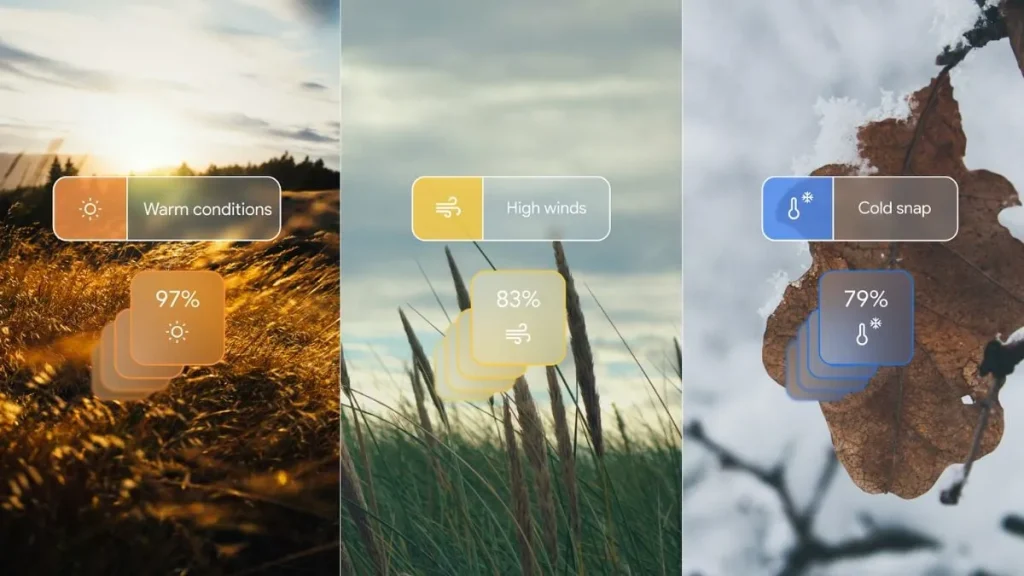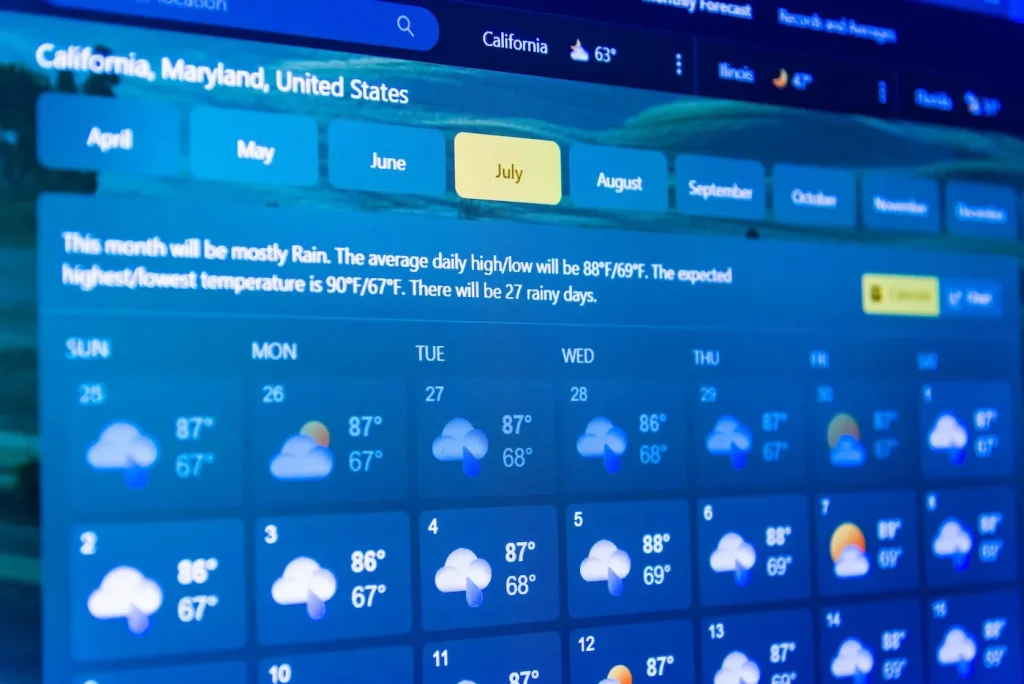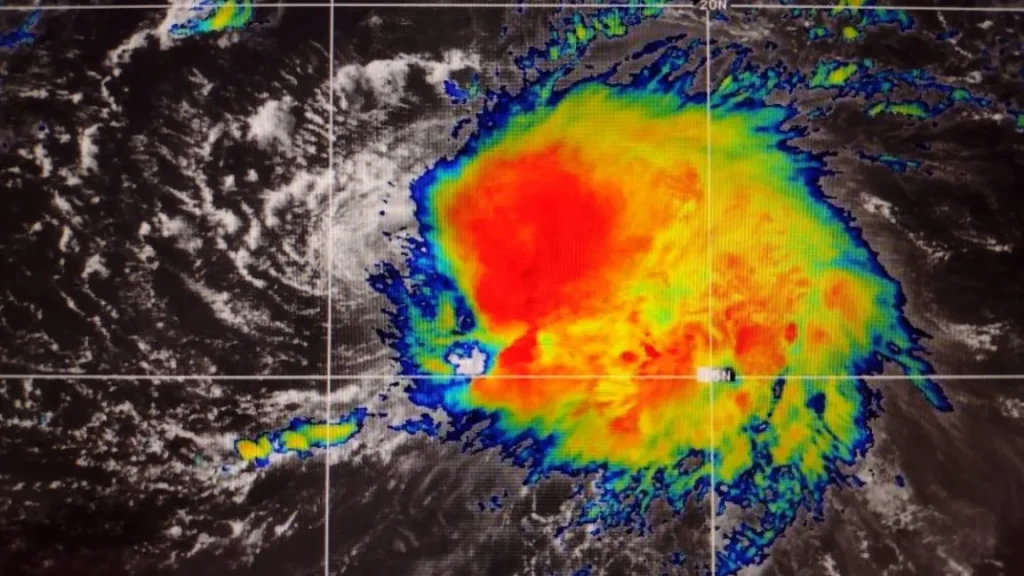Google’s AI Weather Prediction Model Outperforms Traditional Forecasting
Google DeepMind’s latest AI weather prediction model, known as GenCast, has achieved a remarkable breakthrough in meteorological forecasting, demonstrating capabilities that rival and even surpass traditional weather prediction systems. This new technology represents a great step into the future of anticipating and preparing for weather events.
The groundbreaking AI weather prediction model has proven its worth by outperforming the European Centre for Medium-Range Weather Forecasts’ (ECMWF) ENS system, one of the world’s leading forecasting platforms. In 2019 weather data, GenCast was proven to be better than 97.2 percent of test cases, according to research printed in Nature.
Revolutionary Approach to Weather Forecasting
Unlike conventional forecasting methods that rely on complex atmospheric physics equations, this AI weather prediction model leverages machine learning trained on four decades of historical weather data, spanning from 1979 to 2018. But, it means that GenCast is able to recognize and predict weather patterns to a far greater degree.
Particularly impressive is the system’s capability to forecast extreme weather events and tropical cyclones. The AI weather prediction model provides an additional 12 hours of warning time on average for tracking tropical cyclones, a crucial advantage for emergency preparedness.

Enhanced Efficiency and Processing Power
One of the most striking advantages of this AI weather prediction model is its computational efficiency. In contrast, with a single Google Cloud TPU v5, GenCast can produce a comprehensive 15 day forecast in eight minutes, an order of magnitude faster than traditional models that take from a few hours to days to do the same.
The practical applications of this AI weather prediction model extend beyond basic weather forecasting. In particular, GenCast has performed extremely well for accurate wind power production prediction up to 15 days in advance, which makes it an effective planning tool in the renewable energy side and a tool of disaster preparedness on the climate change side.

Validation Through Rigorous Testing
DeepMind’s AI weather prediction model underwent extensive testing against existing systems. The initial comparison used 2019 data but subsequent studies from 2020 to 2022 have shown similar performance advantages in all these cases but their results are pending peer review.
Amazing, in a way that makes it look pretty good, GenCast still is and continues to evolve. The AI weather prediction model currently operates at a 0.25-degree resolution grid system, with potential for even higher resolution in future iterations. Because this is ongoing development, we can expect weather forecasting accuracy to improve the more the technology improves.

Integration with Existing Systems
While this AI weather prediction model shows remarkable promise, experts emphasize that it’s not intended to replace traditional forecasting methods entirely. GenCast, however, is designed to fill in the gaps between other systems offering an additional level of accuracy and reliability in predicting weather.
This is all being released as open source code so that meteorologists and researchers can themselves discover and validate the system’s capabilities and continue the detailed improvement in the weather forecasting technology. This collaborative approach ensures that the benefits of this revolutionary AI weather prediction model can be widely shared and implemented across the meteorological community.
GenCast is a critical tool in our growing arsenal of weather tools, providing us with a more accurate method to predict and prepare for these events with a greater lead time than ever before as climate change continues to affect weather patterns.
